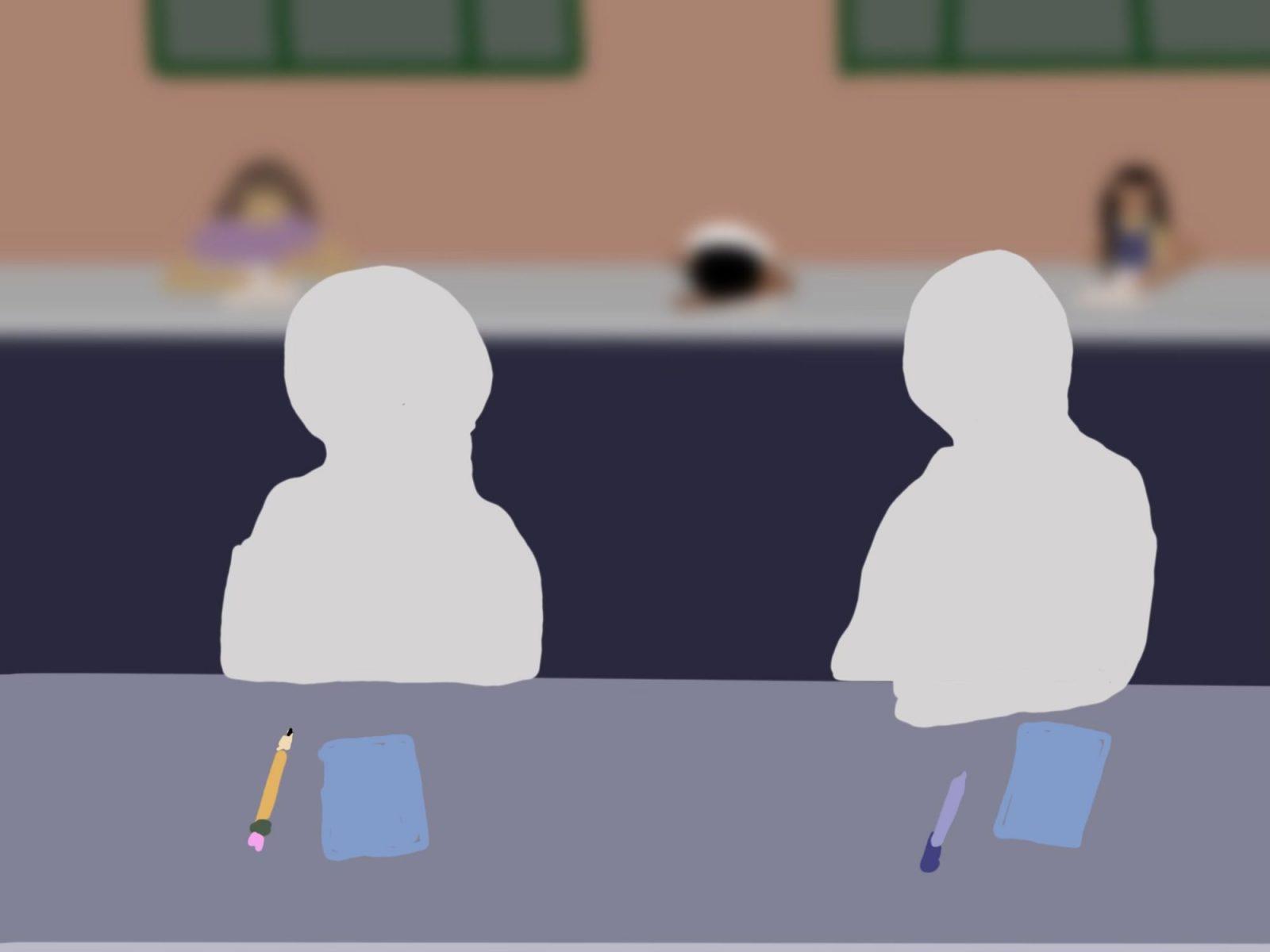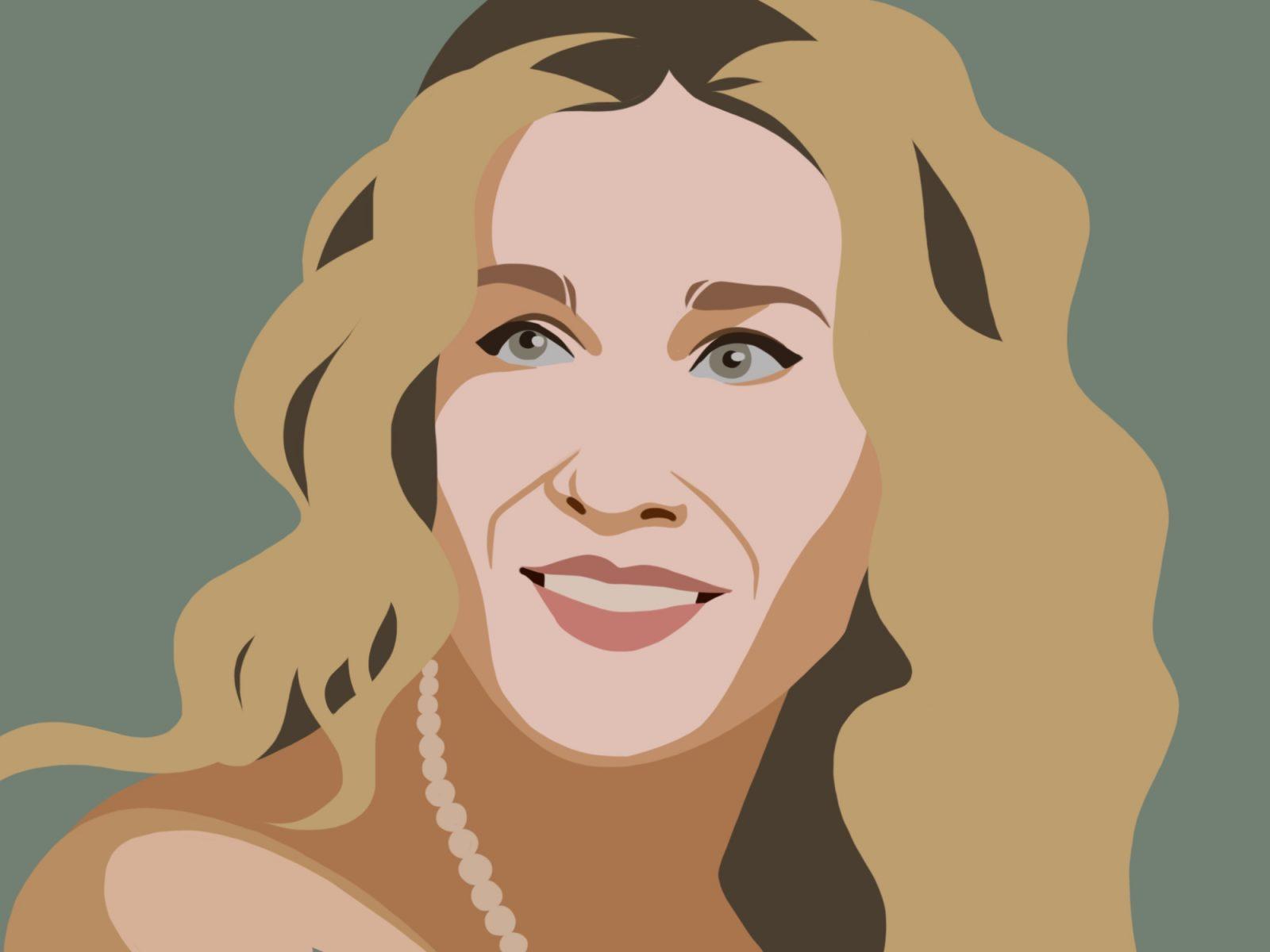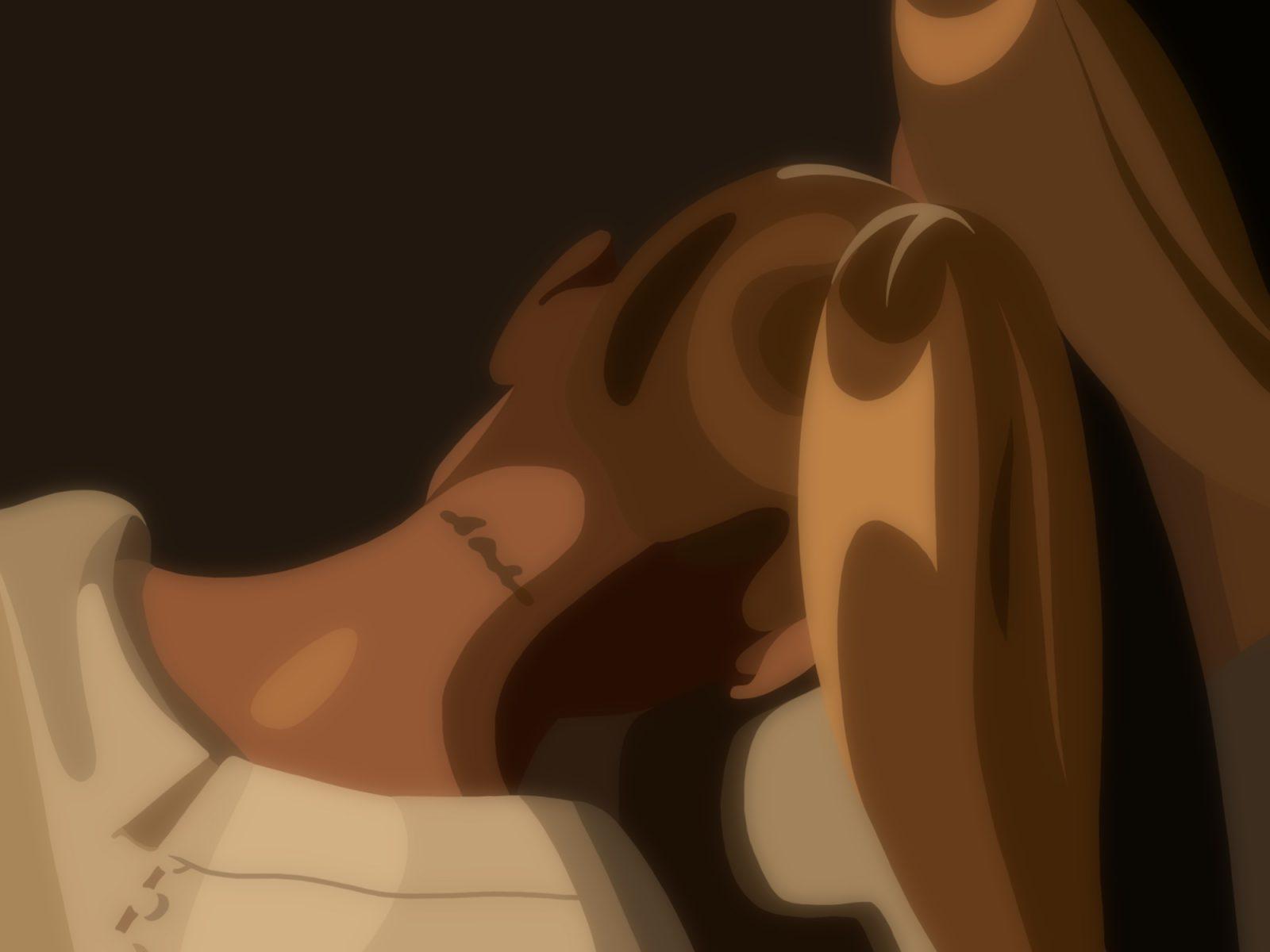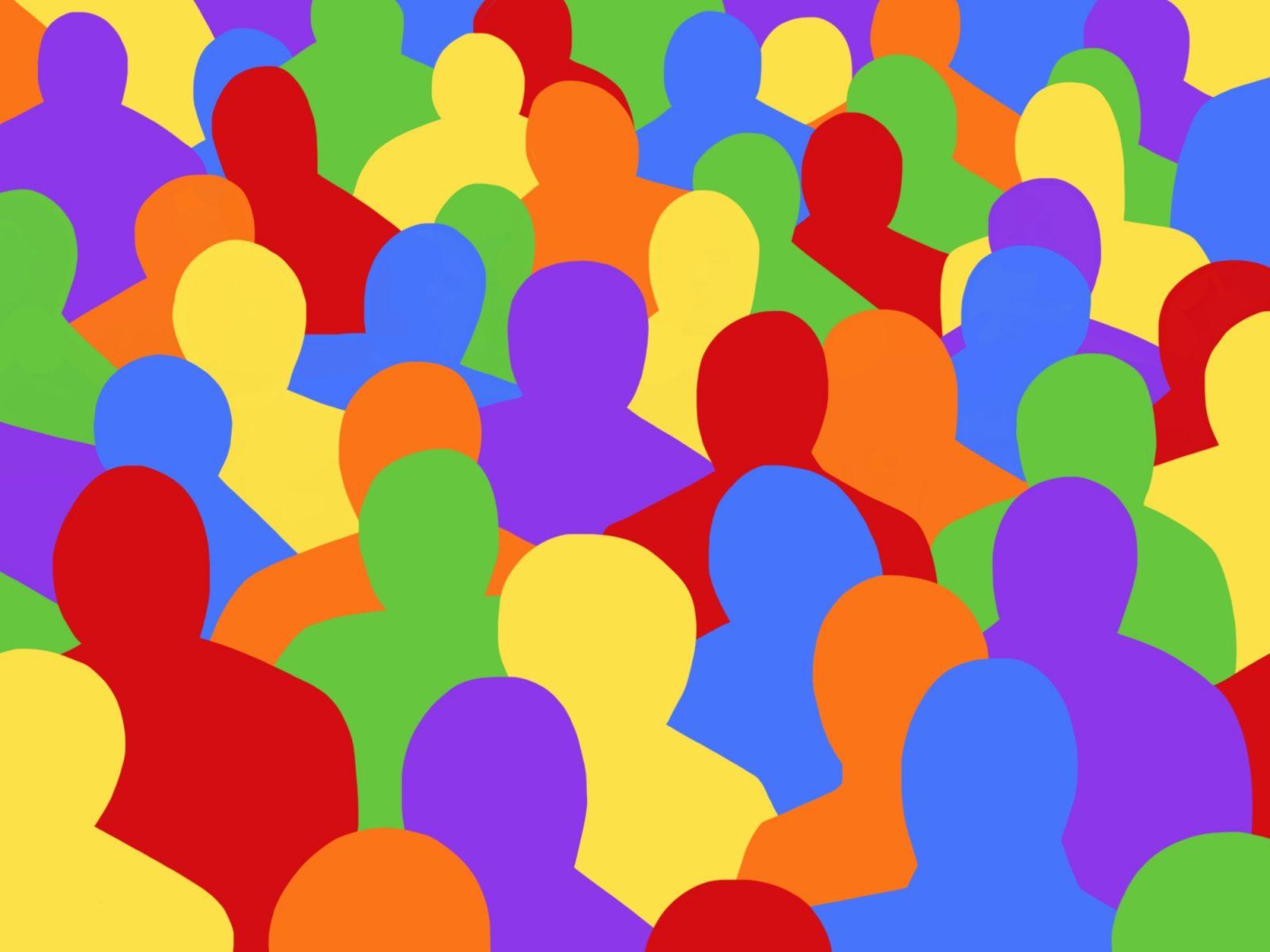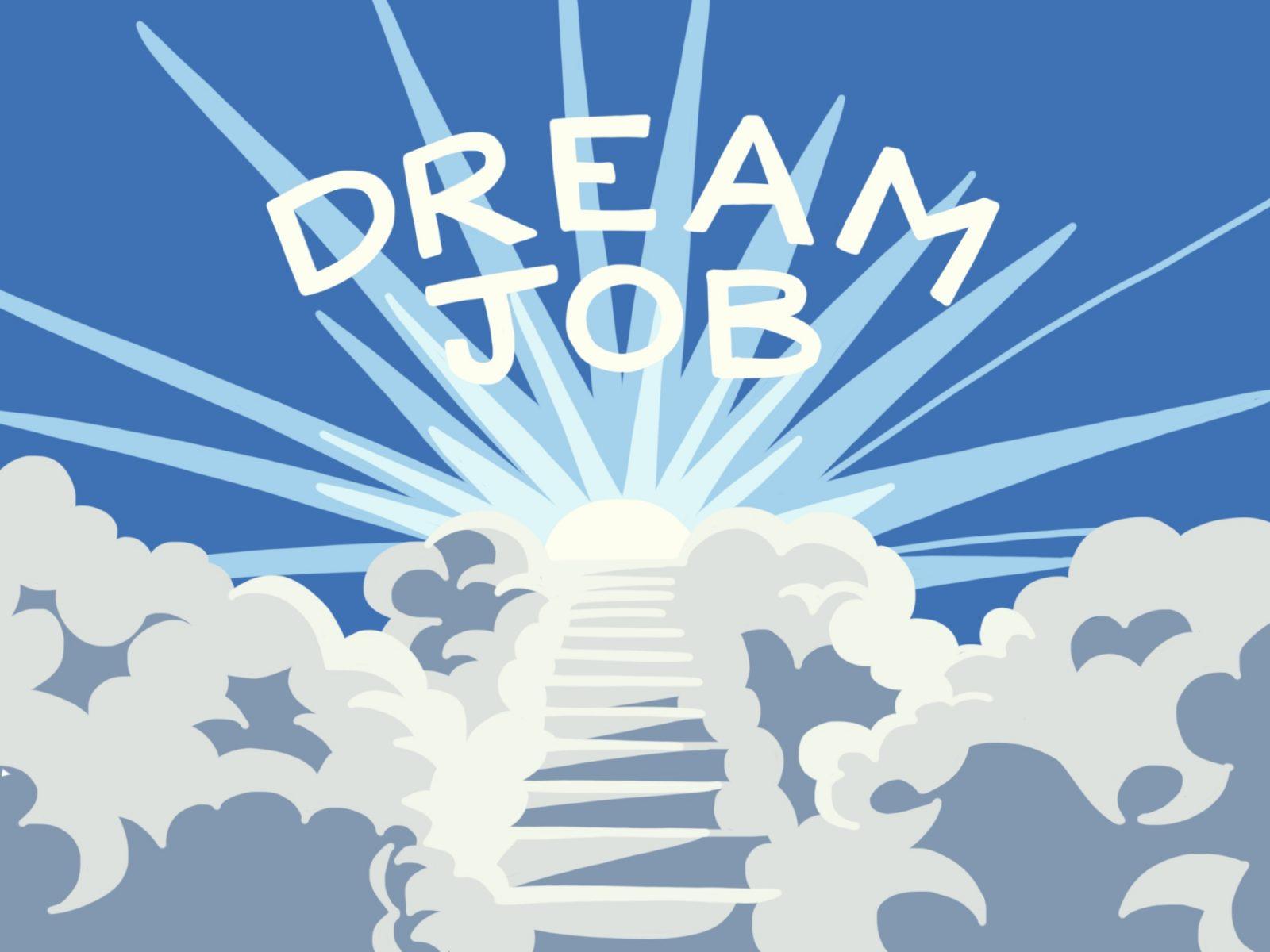Time is money, or so we have been told. In the 24 hours of each day, a person may attend classes, go to a work shift, do some homework and — if they are lucky — have a bit of spare time to indulge in themselves. Some people enjoy this down time by themselves with a book or in nature. Others are energized and rejuvenated from socializing in groups or hitting the town. However, almost always, this idyllic dream of work and life in sync with each other seems impossible.
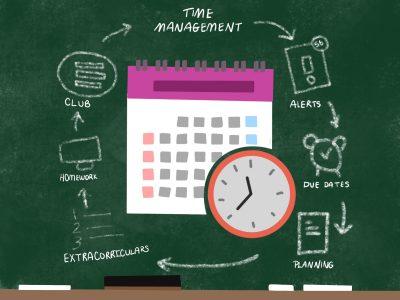
These days, time often does mean money: people are working more than ever with the rise of remote work, and it is impacting their personal lives. It is hard to step away from work when your home becomes your office. This blurring of lines between professional and personal time is difficult because it is so easy to hop from your bed to your desk and get back to work.
In the book, “Laziness Does Not Exist,” Devon Price describes a person who always says ‘yes’ to a task at work without fail, never lets anyone down and is always available. Price also says that this type of person — who is much like him, in fact — constantly feels stretched thin and is chronically burnt out, with no energy left for themself.
Price’s description of the everyday person is far too familiar to almost everyone I know. At one point or another, we have all taken on one too many tasks, and end up feeling overwhelmed and exhausted. When you get to that burnt-out state, using that energy to do something like working out feels inane — but in reality, hobbies and activities like exercise can help improve our mental health and relieve the stress from feeling overworked and burnt-out.
This pattern can lead to a vicious cycle if not addressed. Young people in high school and college are especially vulnerable to falling into this pattern. They are at an age with a very regimented schedule — packing in school, extracurriculars and jobs all while trying to stay connected with the things and people that are sources of joy. When we are taught from a young age that certain things like school come before leisure and happiness, it is hard to retrain the brain to unlearn that way of thinking.
It is difficult to maintain an activity you do for pleasure or relaxation because there is no immediate ‘gain.’ There is no promotion, good grades or monetary compensation while you paint or go on a walk, so it is hard to remember why these activities are crucial to a fulfilling life. But hobbies and leisure activities can help reduce stress and limit negative feelings, both of which are inevitable parts of any job.
Oftentimes, we neglect these hobbies in favor of doing more work because work is what we believe will pay bills, get us closer to that internship or look great on a resume later on. This need for constant success and growth has roots in the capitalist culture of today’s society. We lavish praise and jealousy on those who work themselves too hard, but when someone steps back or is not putting in the extra hours, it is seen as weak and indicative of a lack of dedication to their career.
Treating time like it is something that should be used to maximize profit — both monetarily and career-wise — is not at all how we should be living. Leisure activities and hobbies are often what keep people from becoming obsessed, broken-down or crazed from their jobs or careers.
It is important to remember that years of hustle culture and ‘rise and grind’ mentalities have warped our perception of what ‘productivity’ is, and that a work-life balance is actually possible to achieve. Keeping ourselves grounded and in touch with our non-economic hobbies and relationships is more important than finishing that spreadsheet or acing an interview. We should work to live, not live to work.


















































































































